
1161. Changing Opinions on America
Pierre Lemieux discusses the shifting global perceptions of America, highlighting a decline in admiration and respect due to recent events and policies.
your daily dose of economic commentary

Pierre Lemieux discusses the shifting global perceptions of America, highlighting a decline in admiration and respect due to recent events and policies.
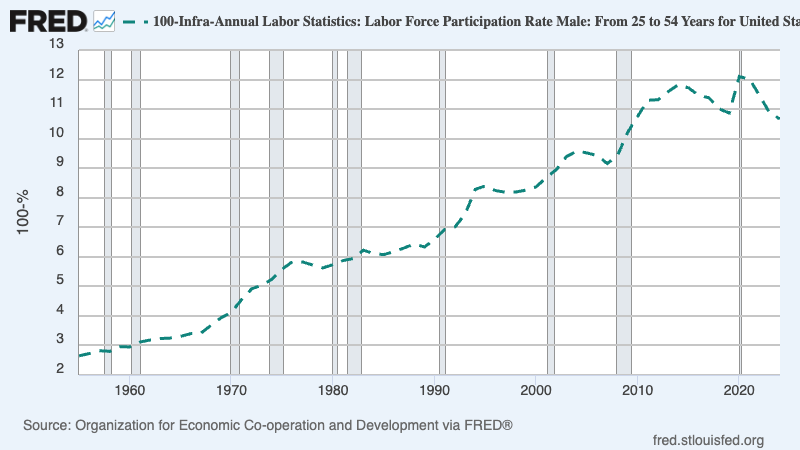
The post discusses the economic and social challenges faced by young white men, linking their resentment to declining labor force participation and political exploitation by certain groups.
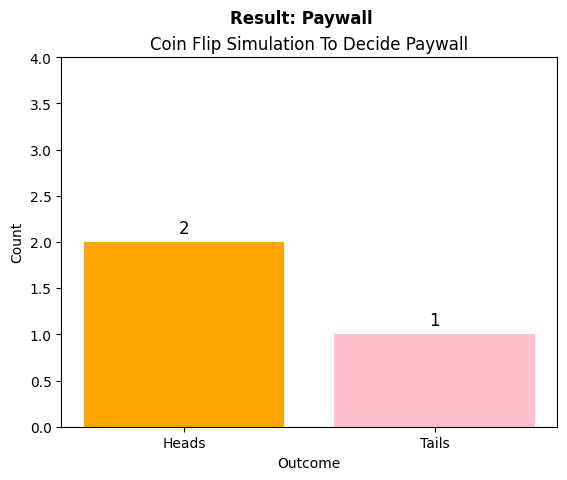
Scott Cunningham discusses population weighting in diff-in-diff designs and its implications for identifying treatment effects, providing code for readers to explore the concepts.
Tyler Cowen discusses David Commins' insights on Saudi Arabia's history, state-building, and socio-political dynamics, particularly regarding Wahhabism and regional stability.

John Ruwitch discusses concerns that a recent federal ruling may allow Google to monopolize the artificial intelligence sector.

Graphic videos of a shooting incident circulate online, prompting discussions about the emotional impact and political implications of exposure to violence.

The post discusses rising beef prices due to declining cattle numbers and how consumer loyalty is shifting as shoppers begin to resist higher costs.

New policies are negatively impacting the rights of trans people, leading to increased financial concerns and significant financial decisions for affected individuals.

Mandalit del Barco discusses ABC's decision to suspend Jimmy Kimmel Live! due to his comments about the suspect in Charlie Kirk's killing.

The post discusses ABC's decision to pull the Jimmy Kimmel show after controversial comments related to a killing mentioned by Charlie Kirk.

Peter Jacobsen argues against government-run grocery stores, highlighting inefficiencies and lack of profit incentives compared to private businesses.
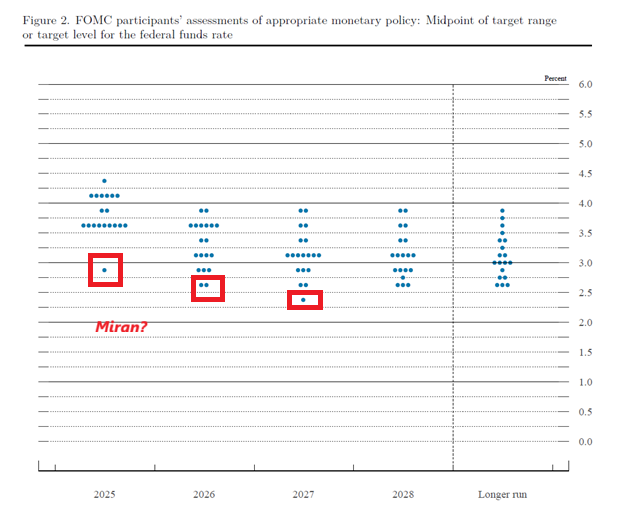
The post discusses the Federal Open Market Committee's decision to lower the Fed funds rate, highlighting dissenting opinions and contrasting growth forecasts.

Joe Hernandez discusses Jerry Greenfield's resignation from Ben & Jerry's due to conflicts with owner Unilever regarding corporate governance and decision-making.

Timothy Taylor discusses trends in global debt, highlighting shifts between public and private debt and the implications for economies like the US and China.

Kevin Corcoran explores preference falsification, its relationship with cancel culture, and how societal pressures affect free speech and public expression of beliefs.
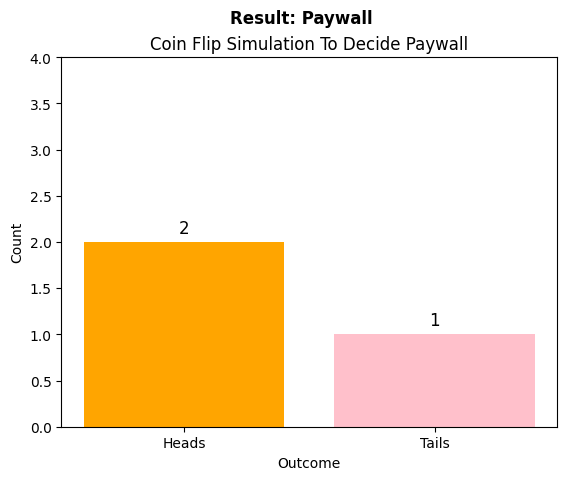
Scott Cunningham discusses the identification conditions for causal effects using difference-in-differences, focusing on the distinction between unweighted and population weighted data.

Housing starts and building permits decreased in August, reflecting a decline in both single-family and multi-family construction compared to previous months and the previous year.

Bill McBride discusses a significant increase in mortgage applications, driven by lower rates and a weakening job market, according to the MBA's latest survey.
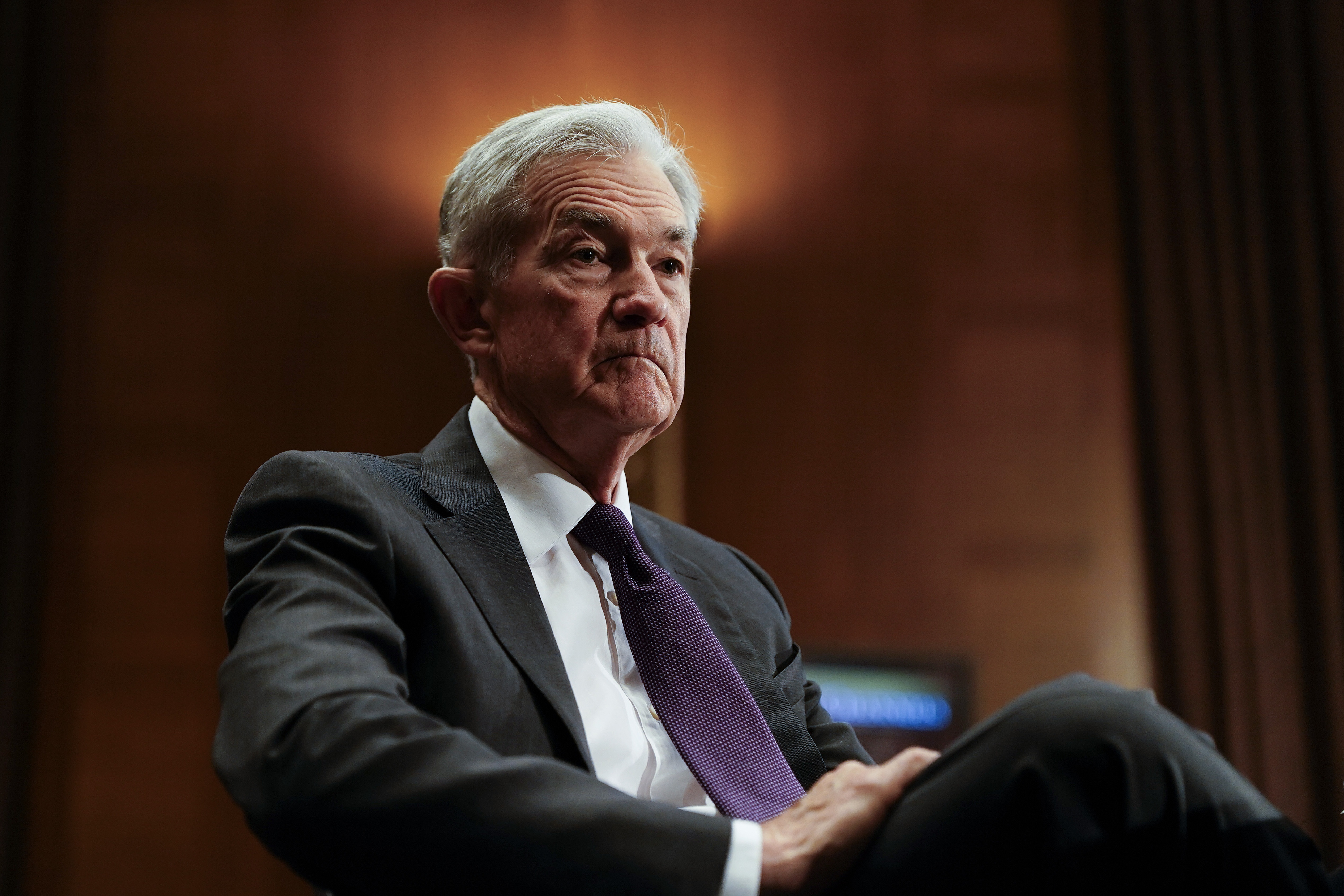
Scott Horsley discusses the Federal Reserve's likely interest rate cut due to pressure from Trump and concerns about the job market.

Noah Smith discusses the implications of public disorder on urban development and transit in America, highlighting the challenges posed by crime and mental health issues.